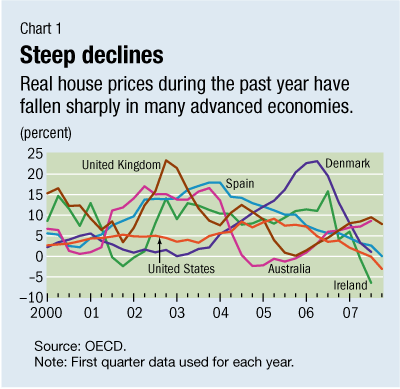From The Register…
Maverick mobile operator 3 UK says it’s seen a 700 per cent increase in data traffic since it launched its price-busting dongle last October. Average data throughput on the network rose to 1,400 mbit/s by February, a steep ramp from 200mbit/s when the offer was introduced.
The dongle is available to pay-as-you-go customers for £70, with 1GB for a tenner, or 3GB for £15. T-Mobile and Vodafone have followed suit with aggressive dongle deals.
3’s UK CEO Kevin Russell said it had conjured half a million customers “from nowhere”, as he gave details of the networks roadmaps for higher higher 3G speeds, and how it will share infrastructure with T-Mobile.
But we weren’t alone in wondering the aspiration of becoming the king of mobile broadband was something to wish for. Data networks don’t make money – ask a British ISP – and the new investment in fibre is coming from taxpayers or is being cross-subsidised by TV. So what’s the masterplan?
Russell told us it was all about incremental margin. He didn’t think mobile broadband was going to display fixed broadband by 2012 – a figure we plucked out of the air – and preferred to see it as a new marketplace, rather than one of substitution.
“Data becomes valuable as a leverage into increased share of the handset business,” he said. “We have a different strategy from the other four operators.”
So, give away the data and make more on handsets. It seemed rude to point out that you can walk out of a 3 Store with a dongle, but no handset.
Another reporter asked the same question, phrased differently. Nobody makes money from data – “so isn’t your business model running on empty?”
Russell said he didn’t understand the question.
Personally, I don’t much care what 3’s business model is: my 3G USB dongle has already proved a Godsend — especially since Pipex and BT began to ‘regrade’ my DSL line, thereby making it chronically erratic.



